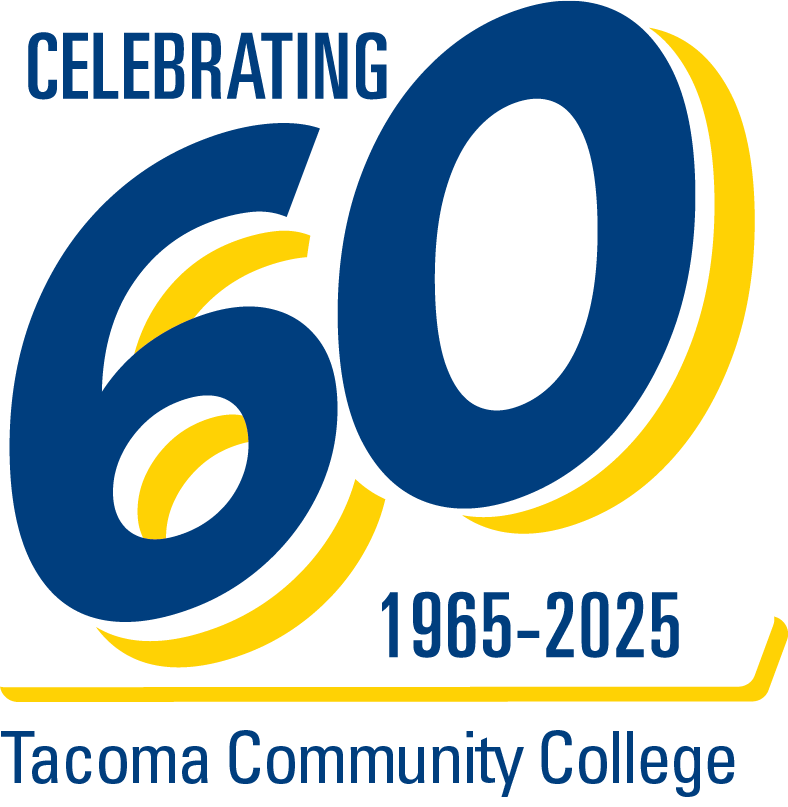Educational Opportunities for Underserved Communities
TCC has cultivated a strong awareness of its community’s needs over its history, building programs to fill gaps and anticipate areas of growth. This is visible not only in curriculum and degree programs, where new technologies and emerging career paths have been embraced, but also in support services to help as many community members as possible find success.
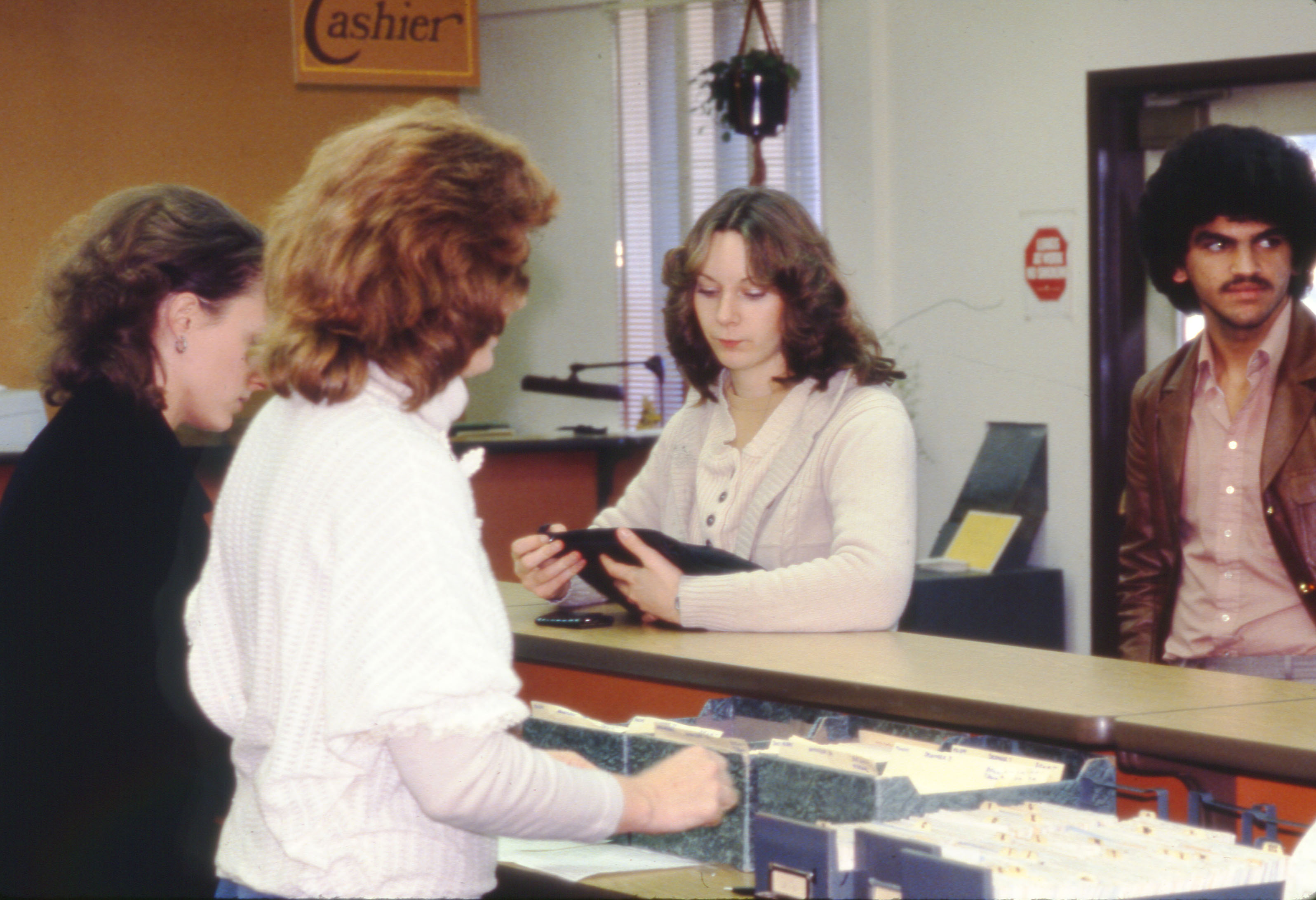
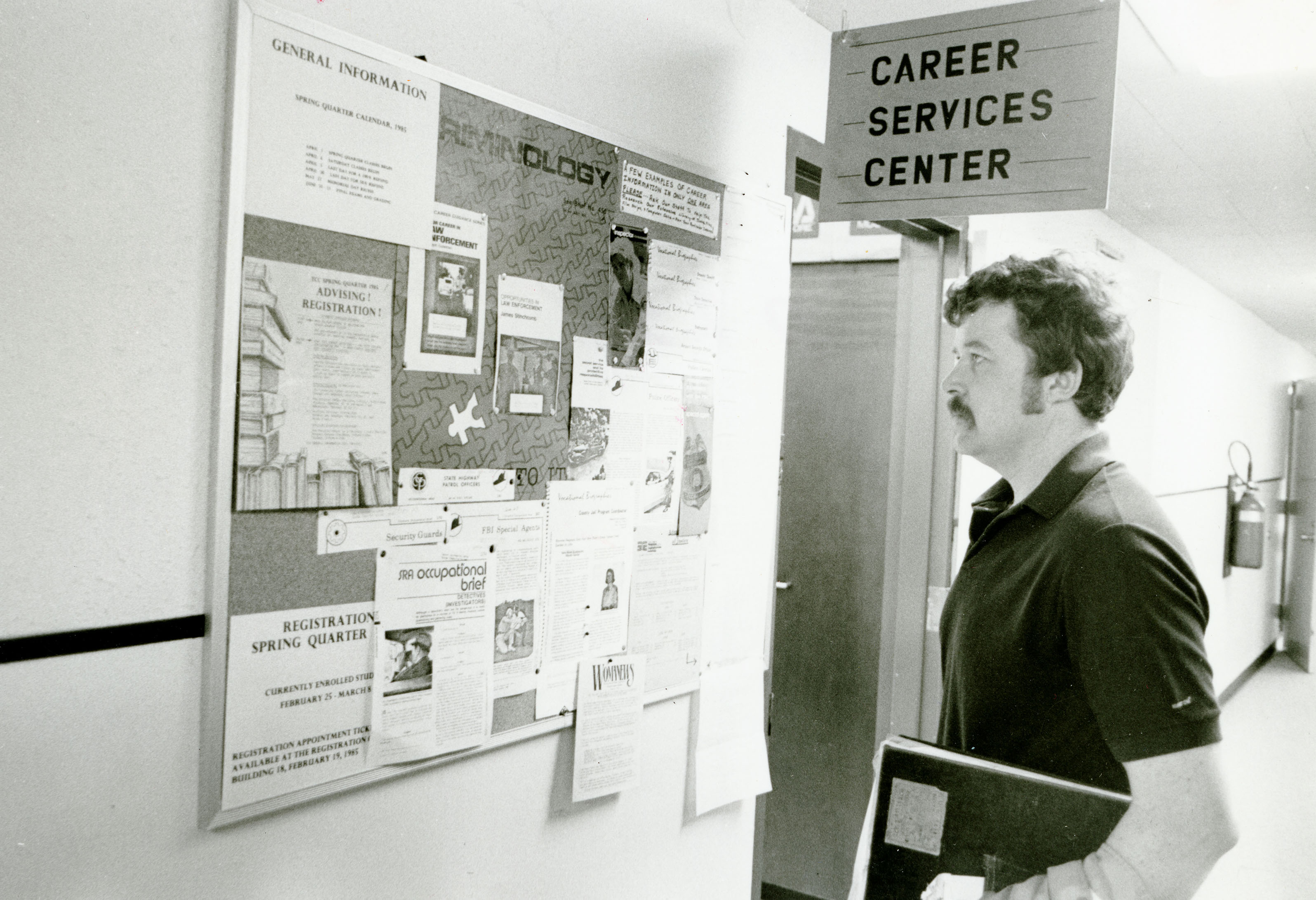
Students with Financial Need
A Financial Aid Office and the federal Work-Study Program – which subsidizes a portion of student part-time jobs – were the early core of student financial assistance at TCC,256 while the TCC Foundation,257 student organizations, and even faculty groups258 built student scholarship and emergency funds. In 1985, the Educational Opportunity Program (EOP) began as a new support services program for minority and low-income students,259 focused on short-term loans.260 In the late 1990s, the Department of Education launched the new TRIO funding program,261 which TCC used to create programs providing specialized academic, financial, vocational, and personal support to first generation, low income students, and students with disabilities,262 as well as outreach to students in the local school district.263
Un- and Under-Employed Students
In the 1980s, TCC began developing programs to support un- and under-employed community members in the midst of difficult economic times. The first of these was the SPRUCE (SPace available to Respond to the Unemployed through College Education) Program, which granted tuition waivers to eligible community members for open seats in TCC courses.264 The SPRUCE Program was ahead of its time, and required TCC President Dr. Carleton Opgaard to advocate for legislative accommodations to grant the program’s tuition waivers.265 Years later, the 1993 Washington state Workforce Employment and Training Act would formalize this kind of financial support for community members, which TCC had anticipated nearly a decade prior.266
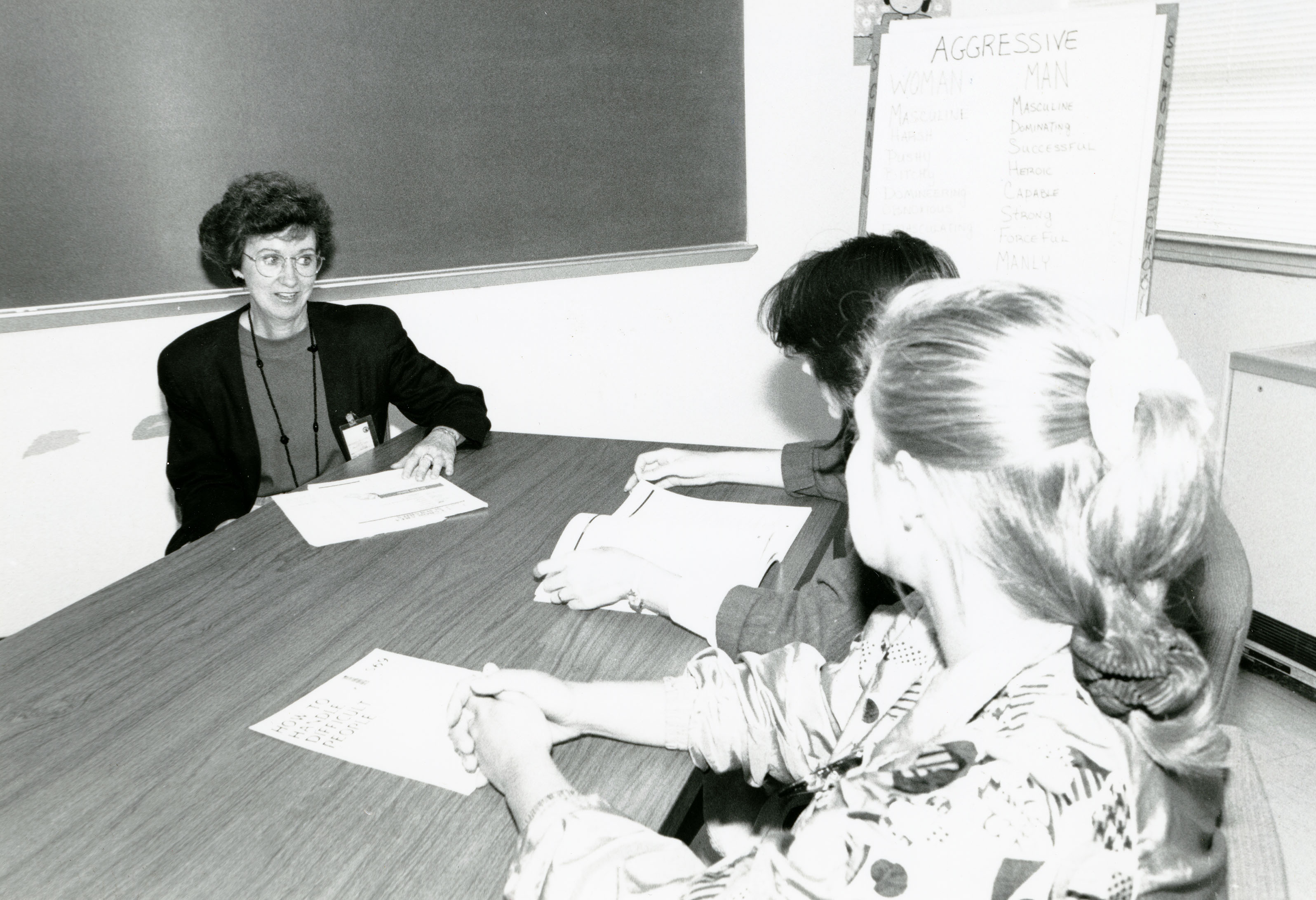
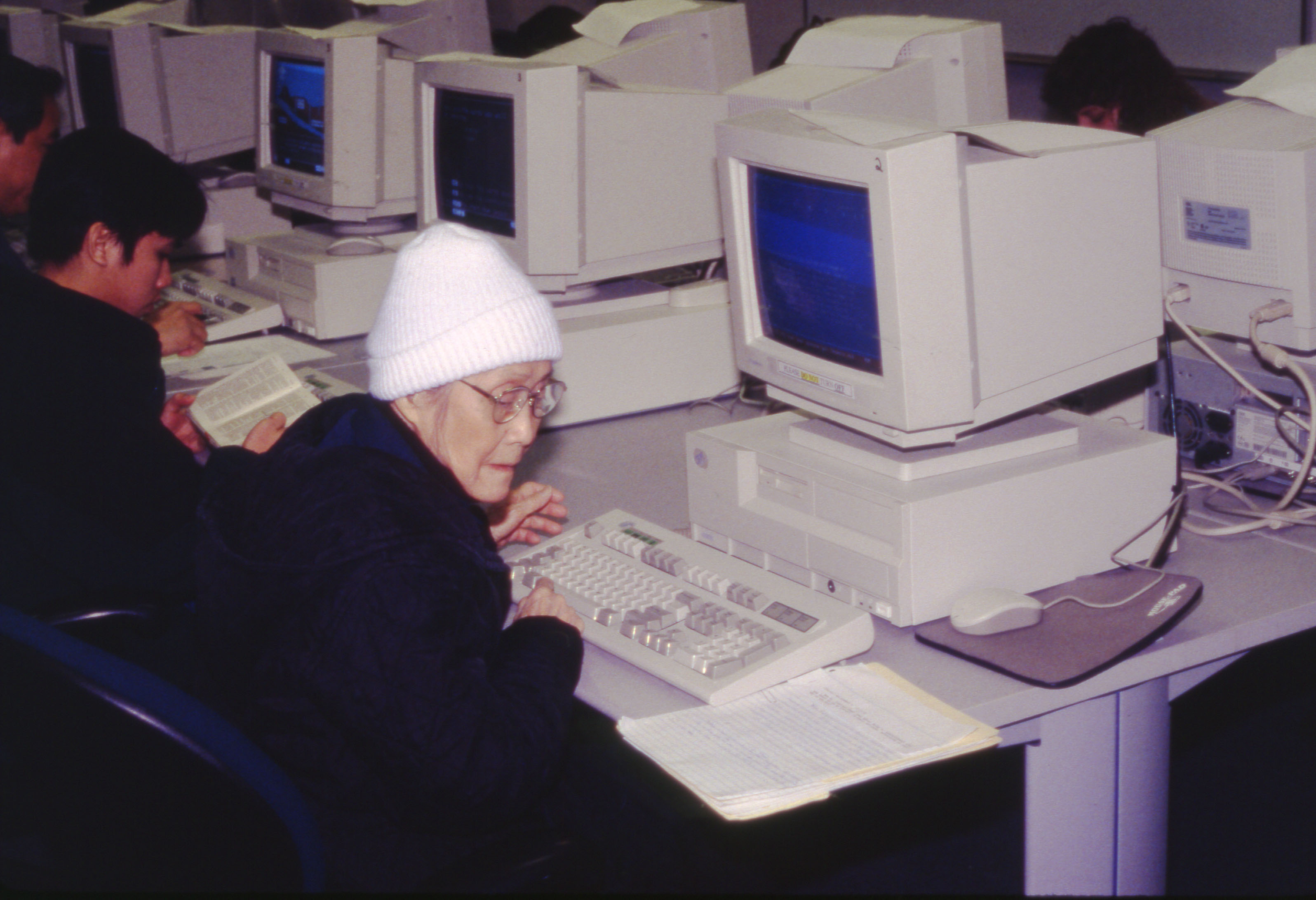
Justice-Impacted Students
TCC supported education in correctional facilities practically since the beginning of the college, and sustained programs in the McNeil Island Federal Penitentiary,267 Purdy Women’s Treatment Center (which became the Washington Corrections Center for Women),268 and Mission Creek Corrections Center for Women.269 Although these programs have ended, the college continues to provide individualized re-entry services for students who have been incarcerated. TCC’s New Chances program assists with academic as well as personal needs and includes a peer mentoring program.270 The Justice-Involved Action Committee advocates for students and employees who have been incarcerated, with achievements including the creation of hiring recommendations for justice-involved job candidates.271
Academic Foundations
By building robust programs such as English as a Second Language (ESL) and Adult Basic Education (ABE), TCC has ensured that students are entering the TCC classroom with a set of skills and level of knowledge that will help them succeed. These programs help students bring their language, study, writing, reading, math, and workplace skills to a pre-college level that will prepare them for the remainder of their learning at TCC and beyond.272 A broad range of programs such as the Writing and Tutoring Center, Business Education Center, and the Math Advising Resource Center (MARC) then continue to provide individualized support for students throughout their time at TCC.273
